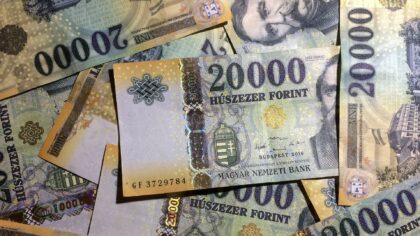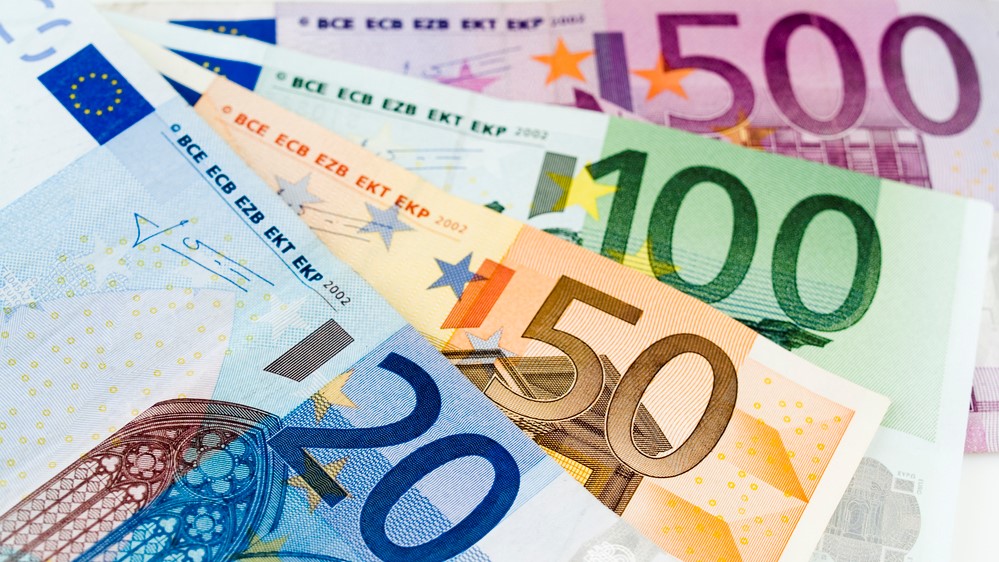German PMI on Friday (index of purchasing managers, ed)which went further below the fifty point mark, confirmed that the German economy will enter recession in the second half of this year.
However, the key event this week was the meeting of the US central bank, the Fed, which raised interest rates by 75 basis points. (0.75%, late order) as expected. However, the overall tone has been aggressive, with the Fed’s new interest rate outlook trajectory pointing to 4.6 percent by the end of next year, more than the market had priced.
After this meeting, we also changed our outlook for the upcoming US central bank policy. We expect the rate to rise by 75 basis points (initially 0.5%) at the meeting on November 2 and by 50 basis points (instead of 0.25%) on December 14. The latest “hike” should therefore come in the first quarter of next year, bringing the key rate to 4.50-4.75 basis points. We expect the first rate cut in 2024.
The weakening of the euro, the Russian mobilization and the general risk-averse attitude also affected regional currencies. The biggest loser was the Hungarian forint, which weakened by nearly 2% over the week. In addition to the weakening of the euro, it is also affected by the worsening of the current account deficit, disputes with the EU and high inflation (15.6% in August).
This is expected to peak only in the first quarter of next year, when existing government measures are no longer in effect (ceiling on basic food and fuel prices, ed.). The Polish zloty weakened by 1%, trading around PLN / EUR 4.75 on Friday. The smallest losses were suffered by the Czech koruna, which lost 0.7% during the week (to 24.67 CZK / EUR).
 ––––
––––
Jan Frait, Tomáš Holub and Eva Zamrazilová, members of the banking council of the Czech National Bank (ČNB), commented on central bank policy during the week. While according to T. Holub the CNB should raise rates, according to Jan Frait no, while Eva Zamrazilová will decide on the basis of wage trends. In any case, we do not expect a rate change in the next session next week.
The tightening of the interest rate spread continued this week, when – as measured by the two-year interest rate swap – it went from highs of around six percentage points in July to the current 3.67 percentage points, which will create further pressure on the weakening of the national currency.
The author is an economist at Komerční banka
(Edited editorial)
 ––––
––––
–


/i/2004681612.png?f=meta)